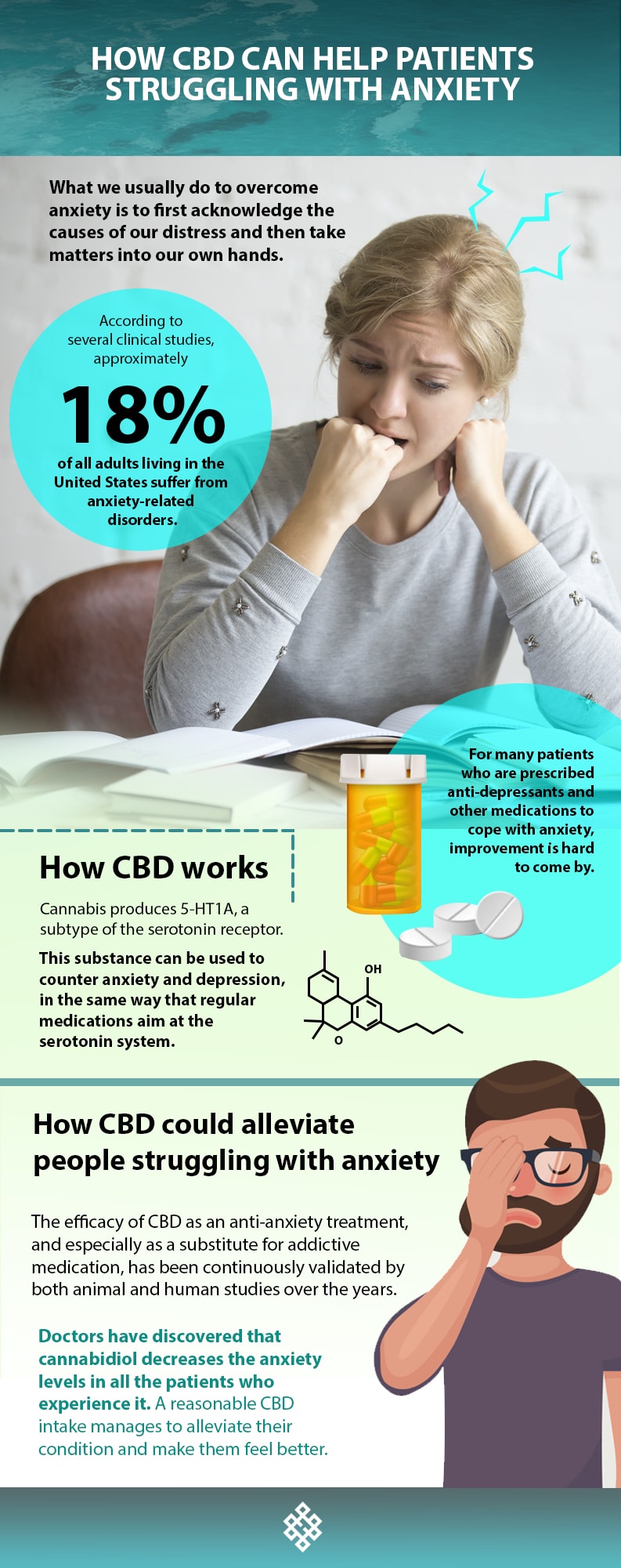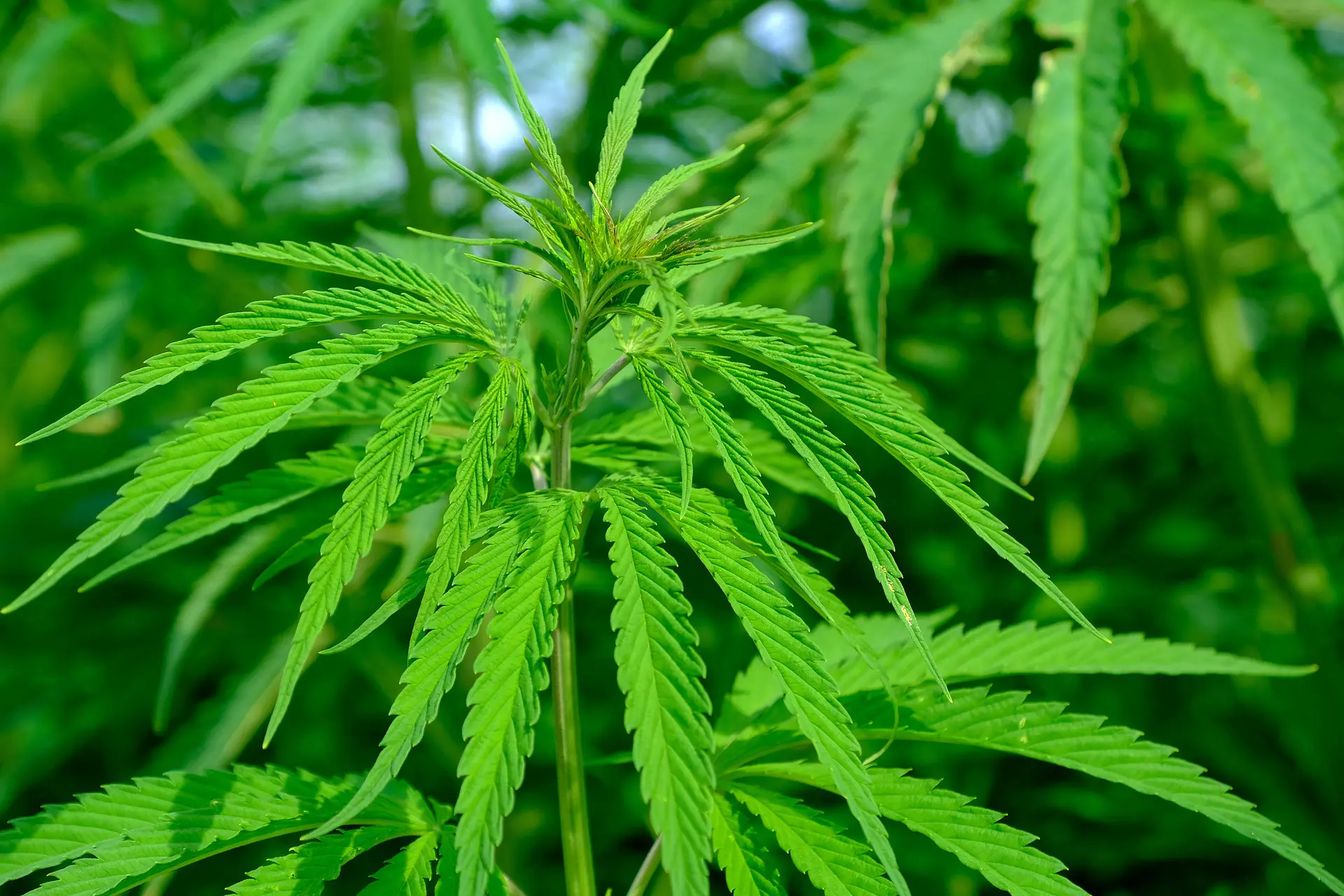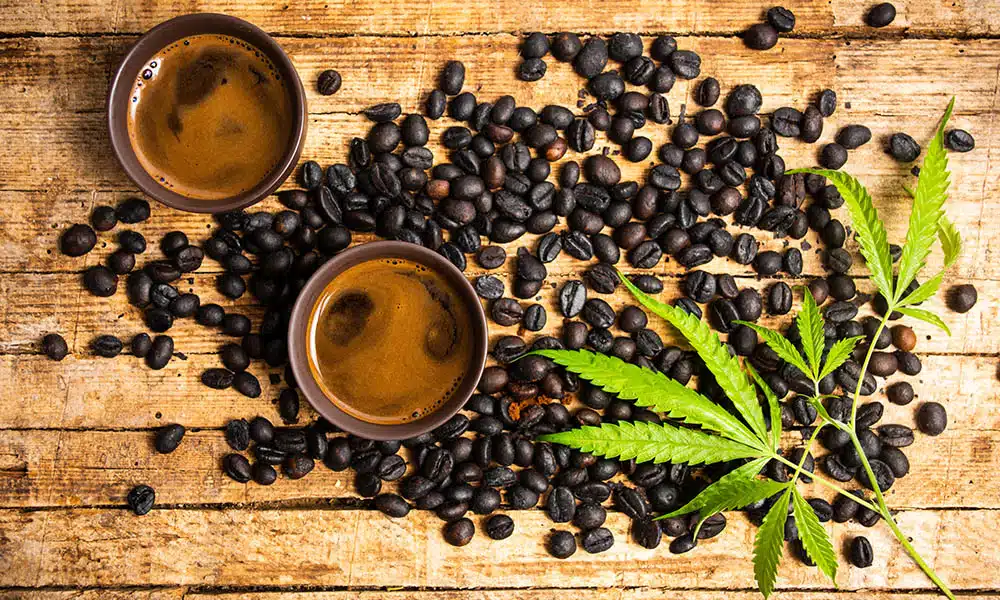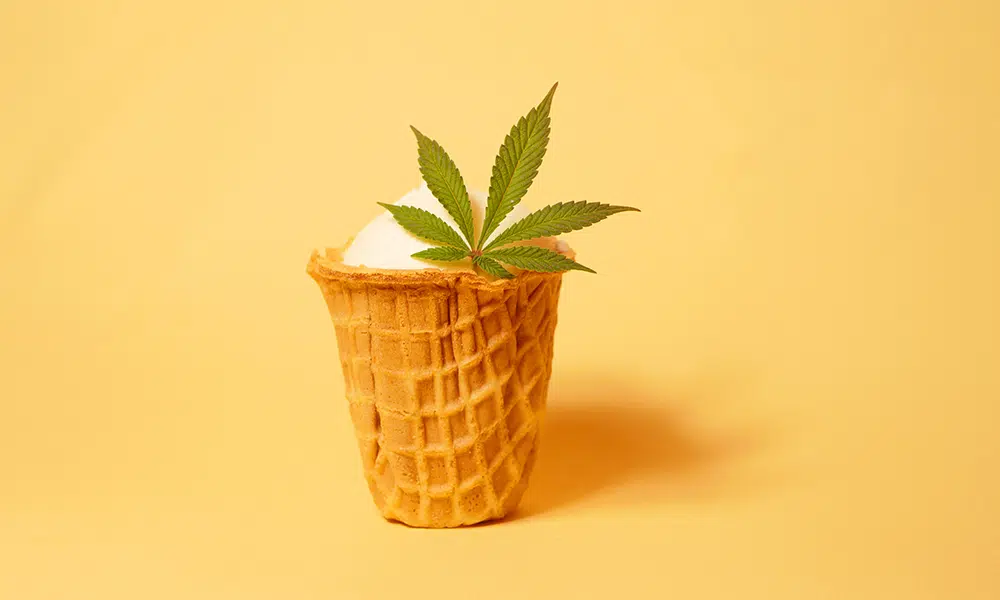Nobody wants to experience anxiety. We typically think of this condition as a dangerous thing that can befall our mental health. Doctors and patients alike regard anxiety as a dangerous state of mind where the person feels excessively (sometimes, irrationally) worried about something. This state can also induce stress, psychosomatic troubles, and emotional tension.
Even though this definition is fair and even accurate, medicine has gone a long way to critically understand the causes of anxiety in our psyche. Doctors consider anxiety to be a chemical adaptative response from our organism to threats that might befall either us or our loved ones. According to this explanation, anxiety is actually a very primal and instinctive condition. We respond negatively towards anxiety because we want to feel safe.
What we usually do to overcome anxiety is to first acknowledge the causes of our distress and then take matters into our own hands. This is how anxiety drives us to work and study harder, get the day’s job done, improve our relationships, and so forth. However, things go downhill when when we don’t respond positively to anxiety. This is when anxiety can negatively impact our well-being, the work we perform on a daily basis, and the relationships we engage in. When people experience too much anxiety, they can acquire dangerous psychological disorders, such as stress and depression.
According to several clinical studies, approximately 18% of all adults living in the United States suffer from anxiety-related disorders. Over the years, pharmaceutical companies have come up with drugs and medications to treat these disorders and their symptoms. There are serotonin reuptake inhibitors such as Prozac and Zoloft, that aim at stabilizing the chemical imbalance caused by serotonin. However, doctors warn that too many anti-depressants could cause dependency. People struggling with anxiety often reveal that they experience negative symptoms born not out of their health condition, but out of their prescription.
For many patients who are prescribed anti-depressants and other medications to cope with anxiety, improvement is hard to come by. Moreover, the side effects of these medications tend to be worse than the condition itself. Considering all of this, could CBD be used as an effective substitute to treat anxiety? This endocannabinoid has been very successful for patients struggling with all kinds of health conditions, from cancer to Crohn’s disease. Unlike THC, it is not psychoactive, which could mean that it might be very helpful in counteracting the negative symptoms of anxiety in medical patients.
Let’s take a look at how CBD could help patients struggling with anxiety.

How CBD Works
When looking at how CBD works in the brain, it’s easier to understand how this substance could be very helpful in treating anxiety. Even though we can refer to many different clinical studies on the effects of CBD, most of these are more or less outdated. Because of this, it’s important that more studies examining the effects of CBD in the human body be run in the near future. Considering that cannabis is enjoying an increasing acceptance among medical professionals and policymakers, it’s fair to assume that at some point in the next few years these studies will finally take place.
According to the research that is available, cannabis produces 5-HT1A, a subtype of the serotonin receptor. This substance can be used to counter anxiety and depression, in the same way that regular medications aim at the serotonin system. In this regard, cannabis would work in patients struggling with anxiety in a similar way as Prozac and Zoloft do. However, the key difference between CBD and regular medications is that cannabidiol doesn’t have any of the unwanted symptoms, nor does it generate addiction.
Serotoning reuptake inhibitors manage to block serotoning from entering the brain. This way, serotonin is more accessible within the synaptic space, which helps the brain cells distribute more serotonin signals. This is how anxiety is ultimately reduced in the brain, which can usually improve our general mood.
How CBD Could Alleviate People Struggling With Anxiety
Although initial studies were mostly limited to animal patients, more recent research has been providing interesting results as to CBD’s effects in the human body. These studies reveal that, among the many symptoms that can be thoroughly treated with CBD, there are many conditions associated with anxiety disorders, as well as with acute stress.
In a recent study, researchers in Brazil ran a small-scale study where patients struggling with social anxiety were examined. The patients were treated with a reasonable dose of CBD, which managed to lower their anxiety levels substantially. The patients were interviewed many times after the studies had been conducted, and they reported a major decrease in their anxiety. At the same time, they were subjected to brain scans, where it showed that their cerebral blood flow patterns were consistent with a decrease in anxiety.
Another recent study examined patients who were struggling with social anxiety disorder by simulating a public speaking test. Researchers assessed the patients’ general behavior during this test after administering CBD to them. The study showed that the patients experienced much less anxiety than usual. The objective indicators employed during this test also hinted that their anxiety levels decreased, especially after examining heart rate and blood pressure. At the same time, a similar group was subjected to a placebo test, where their anxiety remained as high as usual, which resulted in cognitive impairment and general discomfort.
The efficacy of CBD as an anti-anxiety treatment, and especially as a substitute for addictive medication, has been continuously validated by both animal and human studies over the years. Doctors have discovered that cannabidiol decreases the anxiety levels in all the patients who experience it. A reasonable CBD intake manages to alleviate their condition and make them feel better.
All across America, anxiety disorders have strong financial and social implications. Because of this, CBD could potentially become a major asset in counteracting this dangerous health condition and its many related disorders. If you are struggling with anxiety, feel free to ask your Haven budtender for the best CBD strain to counteract its effects.





















